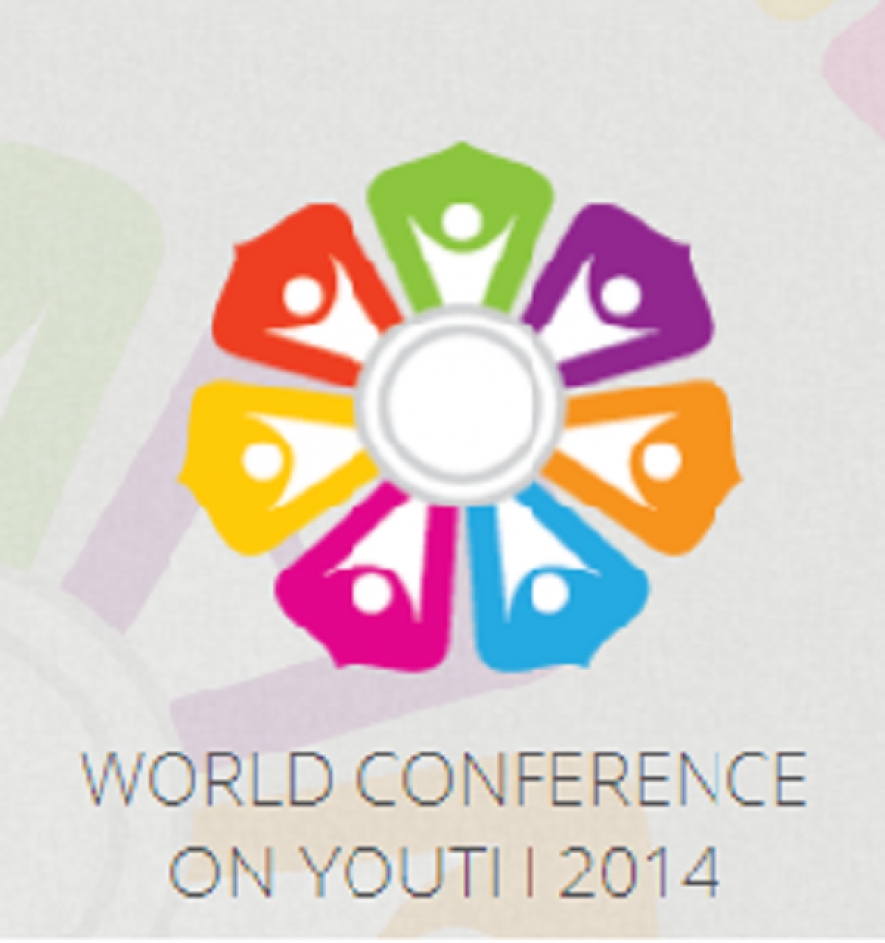Mr. Allen Jennings explained the United Nations recommendations for action to ensure youth participation at all levels. The specific recommendations include the following:
International Level: Multilateral stake holders like the United Nations should foster inclusive leadership
of youth and youth-led organizations in international processes and initiatives, including the Post-2015
Development Agenda.
National and Local Level: Youth should be empowered to work efficiently within and with political institutions and engage in political processes. Formal and informal platforms for dialogue between youth and political leaders, youth causes and branches in political parties, national laws, and policies for a youth volunteerism framework can all encourage collective action by and for youth.
Capacity Development: Stakeholders, including governments, should increase efforts to develop the capacity of young people and youth-led organizations through education, including non-formal education, volunteering, vocational and leadership training, access to funding and information, and the adoption of sustainable mechanisms to support young people from vulnerable groups. Efforts to engage and partner with vulnerable groups including young women, youth with disabilities, young migrants and refugees, youth from rural areas, and street youth should be strengthened.
Mr. Pinheiro elaborated on the co-management system of the Council of Europe, which can also be used as a mechanism for inclusive participation of youth at all levels. The goals of this mechanism are to protect and develop human rights, to encourage intercultural dialogue, and to protect and strengthen pluralist democracy.
Speaking at the session, Mr. Jennings made a presentation on "A Place for Youth in Development and Peace building." He informed the audience about the U.N. volunteer force. "Volunteerism inspires youth and builds their skills,” Mr. Jennings said. He also commended the “V Force,” a pioneering concept by Sri Lanka that provided services at WCY 2014.



















